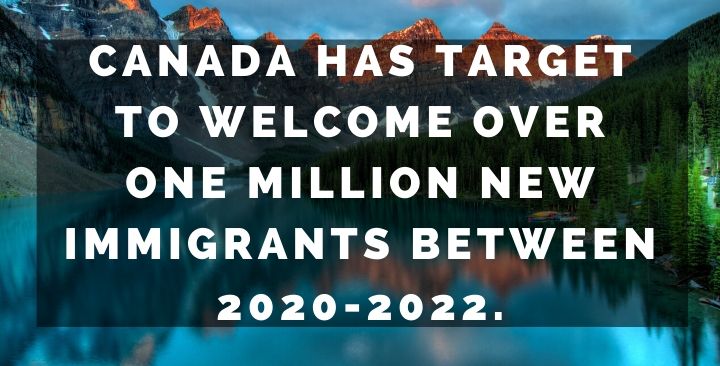It was his first major policy speech since his November 2019 appointment as Minister of Immigration, Refugees and Citizenship. Mendicino was appointed after the Liberal Party of Canada was re-elected to a second mandate in October and he is currently pursuing an immigration plan laid out in his mandate letter
Mendicino opened his speech by stating that Canada’s future depends on immigration. As such, it is critical to have a dialogue on how many people Canada needs to secure its economic prosperity.
This dialogue, Mendicino said, is necessary due to Canada’s demographic realities. As an aging country with a low birth rate, Canadians are living longer and not having enough children to maintain the size of its population.
This places greater pressure on Canada’s economy and fiscal standing. This is due to fewer workers being relied upon to fund rising government expenses, such as health care, which will become more expensive to deliver as the share of elderly Canadians continues to rise.
That is why Canada will welcome over one million immigrants over the next three years, said Mendicino, as he noted that he will formally table Canada’s 2020-2022 Immigration Levels Plan in March.
Express Entry Program will remain the flagship program for welcoming immigrants to Canada and has been successful since launching in January 2015. Mendicino noted that 95 per cent of Express Entry arrivals have jobs and some 80 per cent are working in their fields.
In addition, programs such as the Global Talent Stream and Atlantic Immigration Pilot have been key to supporting Canada’s economy.
Nonetheless, there remains a need to promote the benefits of economic immigration to smaller communities across the country. This explains why the federal government launched the Rural and Northern Immigration Pilot in 2019.
The Municipal Nominee Program (MNP) is another initiative that the federal government will pursue to help economic growth across Canada. The Minister stated that the government is in pre-consultations on what the program will look like and welcomes feedback from stakeholders on how to shape the MNP.
Canada Provincial Nominee Program- 2020
The Provincial Nominee Program, or PNP, gives nine Canadian provinces and two territories the power to select immigrants who meet local labour market needs and priorities. IRCC provides each province and territory with an annual allocation of nominations for Canadian permanent residence that is disbursed through streams tailored to their specific labour market needs.
Combined, the 11 provinces and territories that take part in Canada’s PNP have than 70 nomination streams that range in focus from international graduates of local universities to workers with skills listed as in-demand in the province, As of 2015, most PNPs contain at least one immigration stream
aligned with the Federal Express Entry immigration selection system. The candidate will require specific Canadian province that he/she wishes to move to, through the provincial nominee schemes (as mentioned below):
- Saskatchewan provincial nominee program
- Manitoba provincial nominee program
- Alberta provincial nominee program
- Nova Scotia provincial nominee program
- Northwest Territories provincial nominee program
- Yukon provincial nominee program
- Ontario provincial nominee program
- Prince Edward Island (PEI) provincial nominee program
- Newfoundland and Labrador provincial nominee program
- British Columbia provincial nominee program
- Nunavut provincial nominee program
To confirm your Eligibility for Canada Permanent Resident Visa Under PNP Program, fill our Free Canada PR Visa
Enquiry form and get free advice from experts. OR
OR do call us @ 8448490106, 9810366117 or email us your updated cv on
info@worldoverseasimmigration.com.
